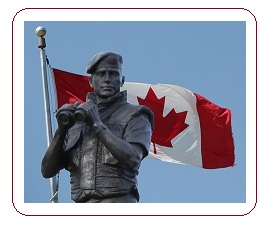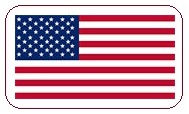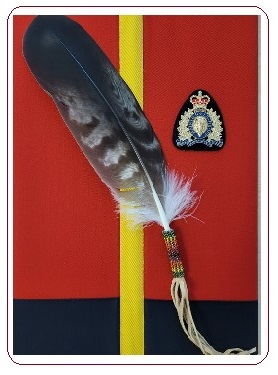True and Fascinating Canadian History
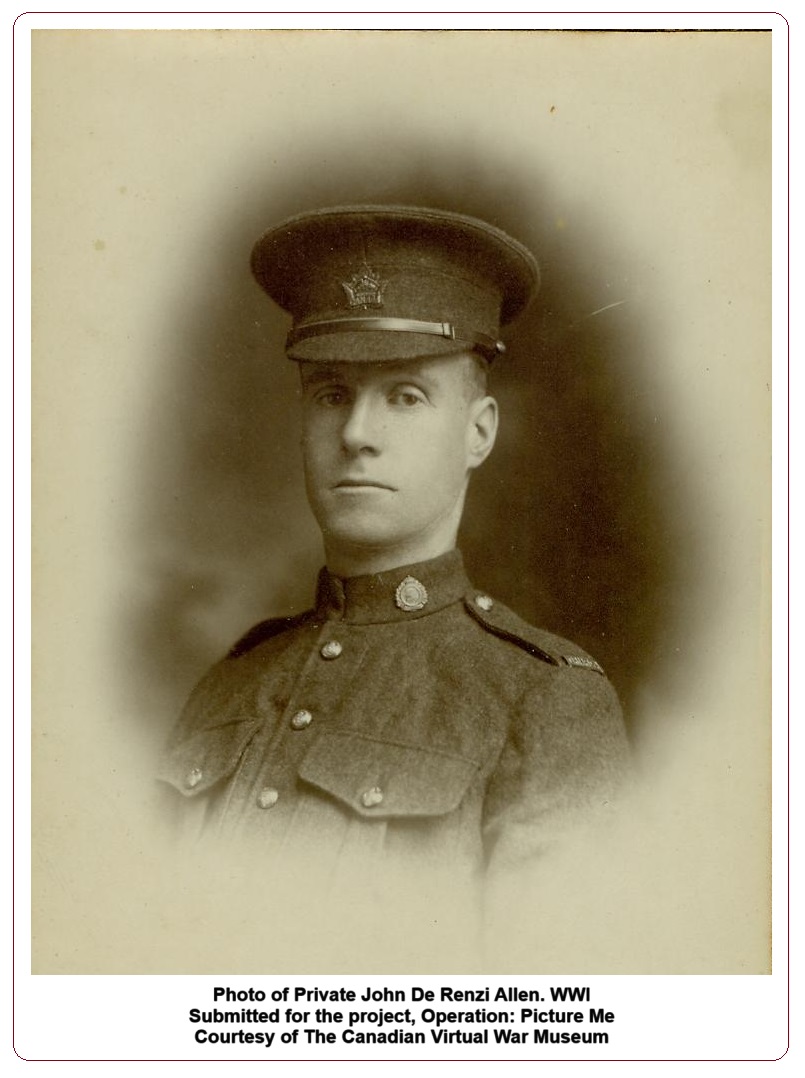
Vet of the Month: October, 2023
Reg.#4945, Corporal John de Renzi Allen. KIA. WWI
RCMP Vets. Ottawa, ON
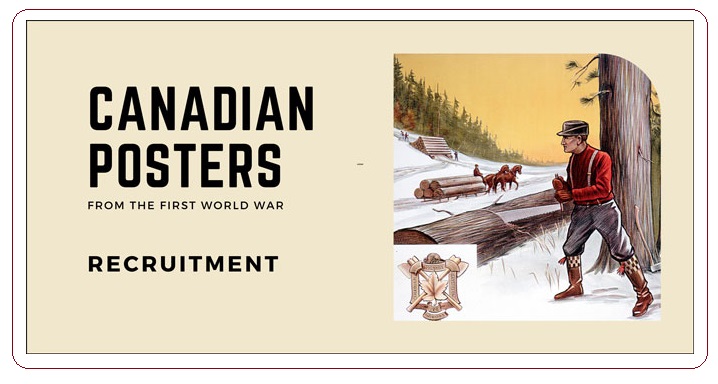
In the early days of World War I in 1914 and in fact for the duration of the war, thousands of Canadians volunteered for military service -- they were civilians from all walks of life. The notion of Canadians volunteering and the value of their contributions in time of war cannot be overstated. On the War Time Canada website, Canadian author and Ottawa university professor Sarah Glassford wrote, "Volunteering was an integral part of the “total war” Canadians experienced during the First and Second World Wars, offering civilians a meaningful and practical way to contribute to the national war effort." Quite apart from the soldiers who volunteered to fight, thousands of other men and women contributed from home with the Red Cross and by raising money, and also by sharing their personal resources whether it was from their business or their farm.
The number of volunteers for service overseas was impressive. According to the Canadian War Museum website, "The First Canadian Contingent sailed for England in October 1914 with over 30,000 volunteers, an extraordinary achievement in such a short time." At the same time, however, the sacrifices which Canadians suffered during WWI is almost unimaginable. According to Statistics Canada, about 418,052 Canadian troops fought overseas, about 34,000 soldiers were killed, another 5,000 were presumed dead and over 17,000 died of wounds. Canada was irrevocably changed by WWI. Canada had become of age.
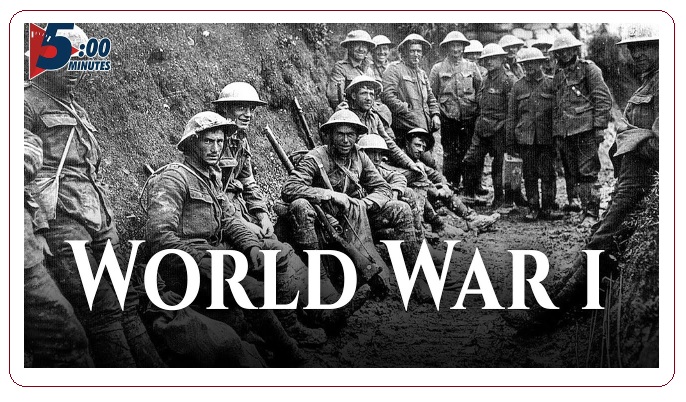
For a few years beginning in 1914, members of the Royal North West Mounted Police (RNWMP) were not allowed to leave the Force and volunteer for WWI. The reason was due to domestic demands placed on the RNWMP for traditional policing across Canada and due to internal security issues all within Canadian borders. But, the restriction not to volunteer for WWI certainly did not apply to former members of the Force, and these men did actively and immediately engage with the Canadian Expeditionary Force (CEF). Undoubtedly, among the First Contingent dispatched overseas were several former members of the RNWMP; for instance, Reg.#2036, Herbert Donaldson, Reg.#2861, Frank Lewis, Reg.#3147, Robert H. Baille, Reg.#3367, John Rowley, and Reg.#5015, Gerald Holdbrook were all killed overseas early in 1915. Their bodies were never recovered. Eventually the restriction placed on the RNWMP was lifted, and in 1918, over 700 NWMP were sent overseas to form "A" Squadron, and a further 200 or so were deployed to Siberia to support the British forces engaged in Russia's Civil War.
Records exist of about 3,400 members of the RNWMP who volunteered at one time or another for WWI. The exact number of RNWMP who died overseas is not precisely known but it is estimated to be in the hundreds. The bodies of at least 61 members of the RNWMP killed overseas in WWI were never found, and 32 deceased members of the RNWMP are listed on the Canadian Vimy Memorial in France.
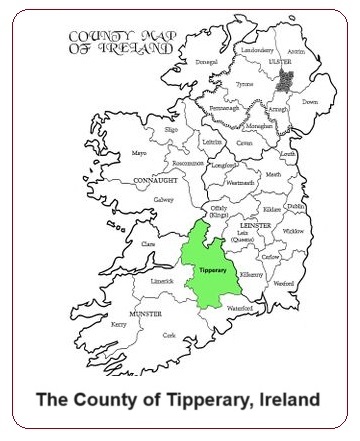
This short tribute is dedicated to the memory of volunteer Reg.#4945, Corporal John de Renzi Allen. His life was one of honourable service to Canada; first, as a police officer in Saskatchewan and Alberta, and he also fought bravely as a volunteer soldier in WWI.
John de Renzi Allen was born on December 19th, 1885 as the oldest son of B. W. and Mrs. H. Allen, of Bank of Ireland House, Tipperary, Ireland. He immigrated to Canada, and he joined the RNWMP on September 7th, 1909.
After Basic Training in Regina, John Allen was first posted to Saskatchewan. Not so long afterwards, he was transferred to Fort Macleod in southern Alberta, and it was here that he experienced a couple unfavourable scrapes with Service Court. At that time, the vast number of RNWMP were found guilty of one minor infraction or another and John Allen was no exception. On November 18th, 1909 he was charged for a minor act of disobedience. Supt Walton Henry Routledge fined Allen $1.00. A few weeks later, he apparently extracted a letter from the mail box at Fort Macleod. Allen denied the charge, and in spite of strenuous protestations, he was found guilty. The Adjudicating Officer recommended that Allen be dismissed from the Force, but the Commissioner saw some redeeming qualities in John Allen and the Adjudicating Officer’s decision for dismissal was overruled. John Allen was allowed to remain in the Force. To Allen's credit, the Commissioner left the present situation behind having to do with mail tampering, and peered into the future. He saw John Allen as a soldier who would someday die for Canada. In any event, Allen was promoted to Corporal on November 1, 1914, and he was transferred to Lethbridge, AB. He was single.
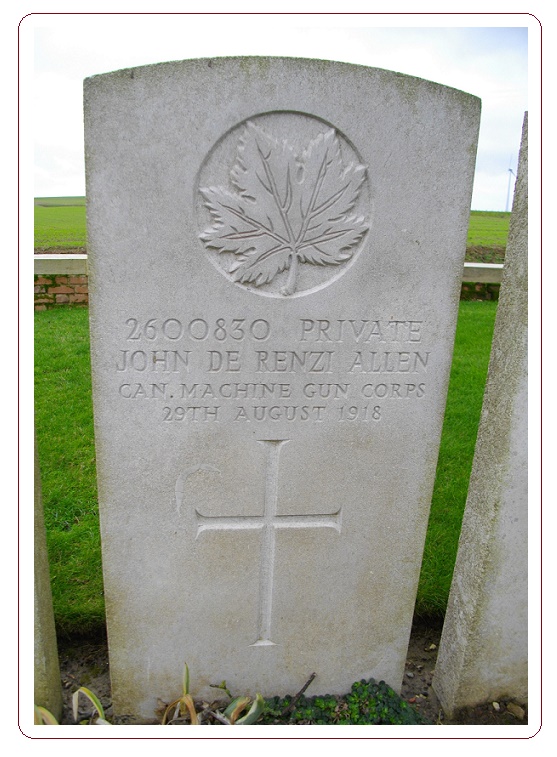
On September 17th, 1917, John de Renzi Allen enlisted as a private with the Canadian Overseas Expeditionary Force (CEF) in Calgary, AB. He was assigned CEF Service #2600830, then he was shipped overseas with the 2nd Battalion Canadian Machine Gun Corps -- a corps created during WWI in response to the necessity for greater control over machine guns in the hands of the enemy.
Allen's precise role with the Machine Gun Corps is not clear, but The Canadian War Museum website describes the time frame during which Allen served on the battlefield. Titled, "The Hundred Days from August 8th to November 1918", "Canadians played a key role in the series of battles that formed the Hundred Days campaign. With the infantry and artillery working in a combined arms system, along with tactical airpower, machine-guns, mortars, chemical weapons, and armoured vehicles, the German armies were driven back and defeated." It was during this particular time frame that Allen was killed. It was August 29th, 1918. John Allen was 32 years of age.
John Allen's name is listed on the 2nd Battalion, Canadian Machine Gun Corps Roll of Honour. In death, he was awarded The British War Medal, The Memorial Cross and The Victory Medal. He was buried in Ligny-St. Flochel British Cemetery about 6.5 kilometers east of St. Pol, France. His name is also memorialized on the Allen family monument in Mount Jerome Cemetery in Dublin, Ireland.
All Canadians share a responsibility to stop occasionally and to recall the sacrifices of our Troops and their heroism throughout WWI. The death of Corporal John Allen is one example of the courage displayed by our soldiers.
The photograph of John Allen's grave (above right) in Ligny-St. Flochel British Cemetery was provided courtesy of London Ontario RCMP Veteran Merle Armstrong.
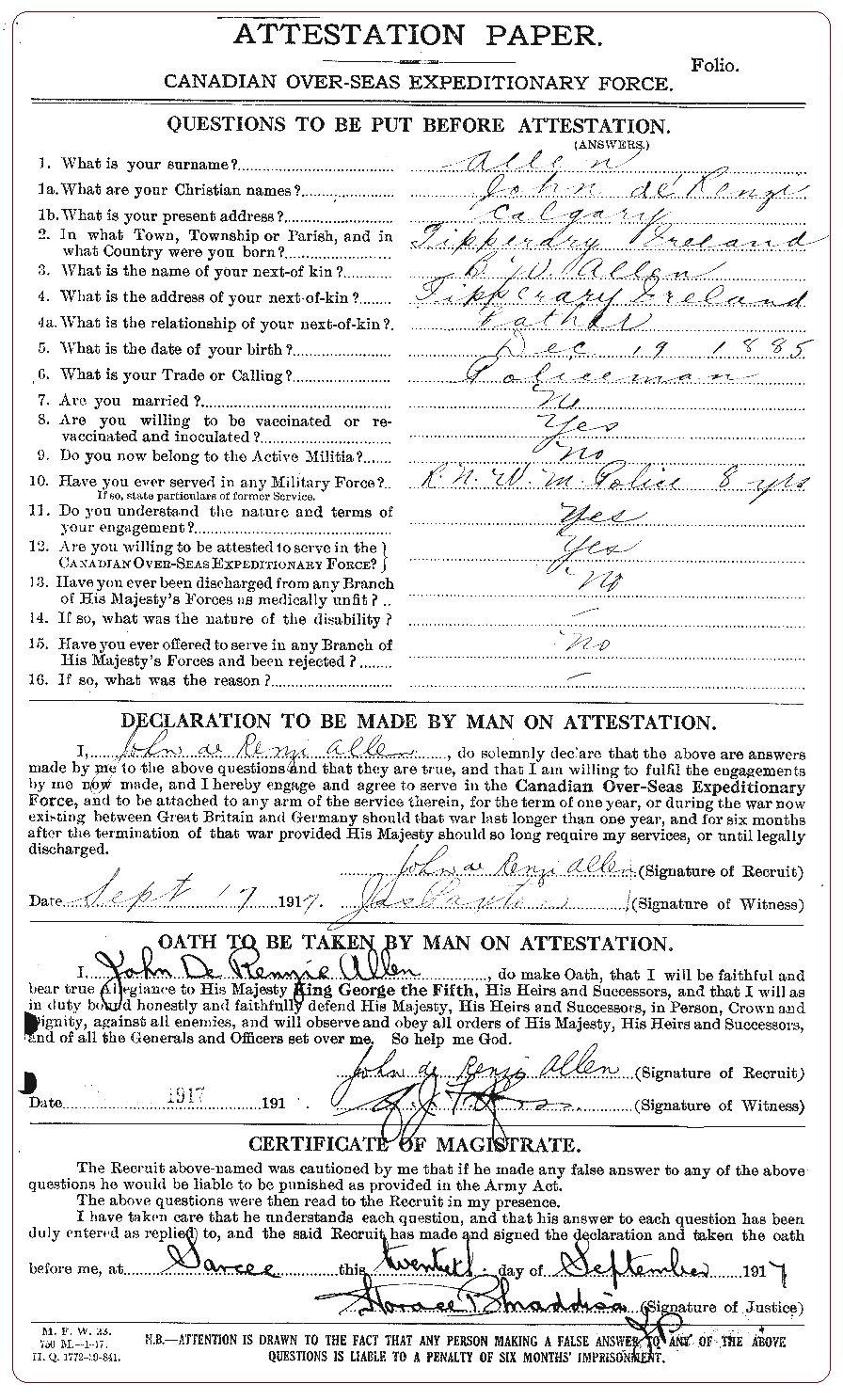
Canadian War Museum website.
Glassford, Sarah. Volunteering in the First and Second World War. War Time Canada.
https://wartimecanada.ca/essay/volunteering/volunteering-first-and-second-world-war
Statistics Canada. WWI.– http://www65.statcan.gc.ca/acyb02/1947/acyb02_19471126002-eng.htm
Reporting from Fort Healy,
J. J. Healy
October 23, 2023


